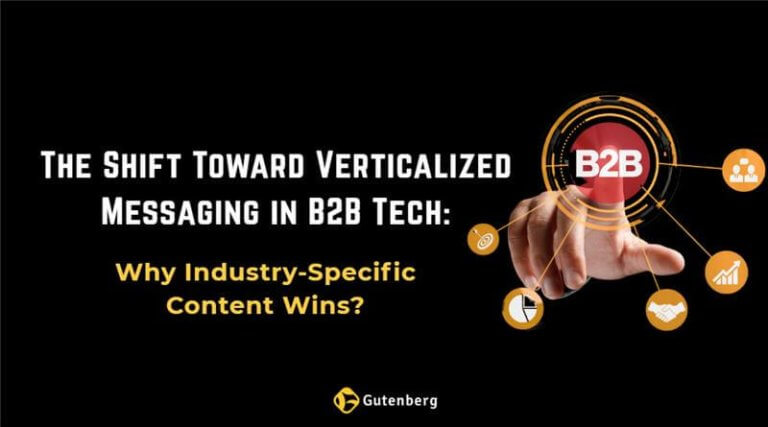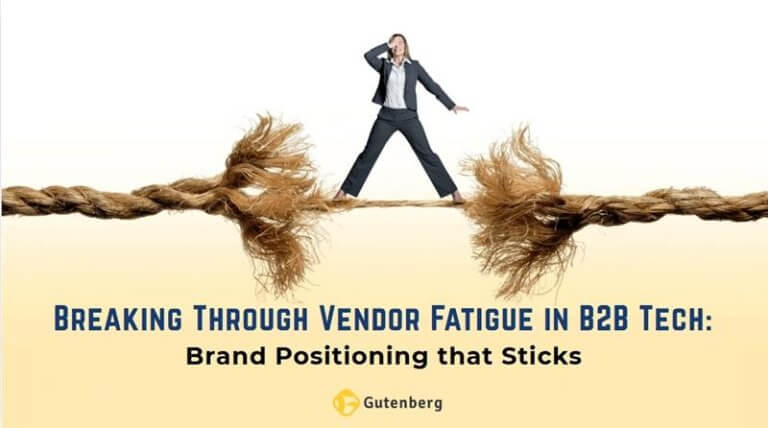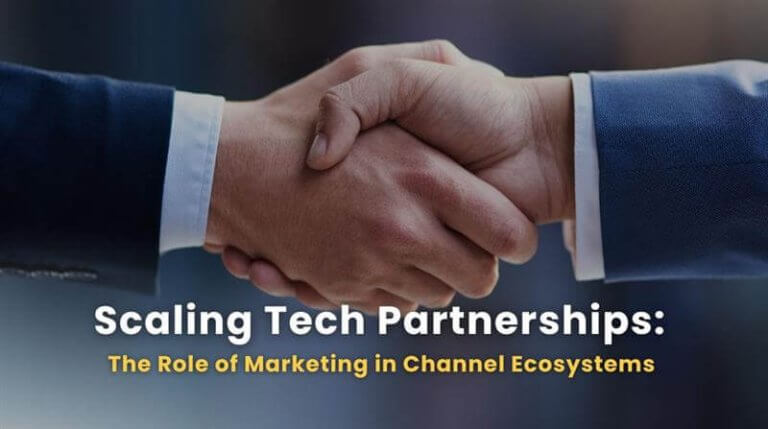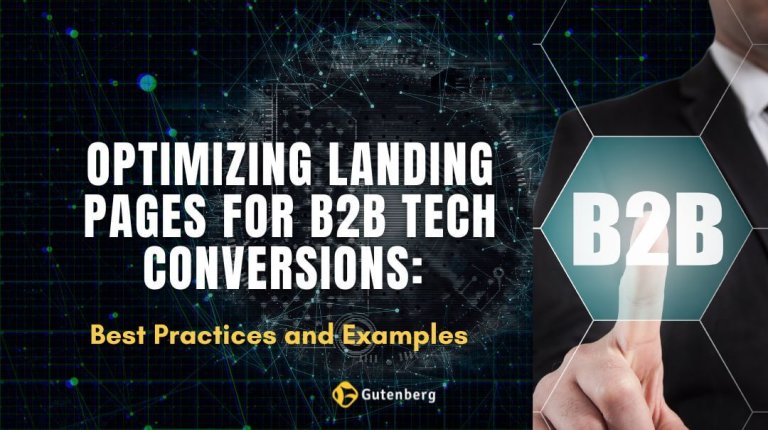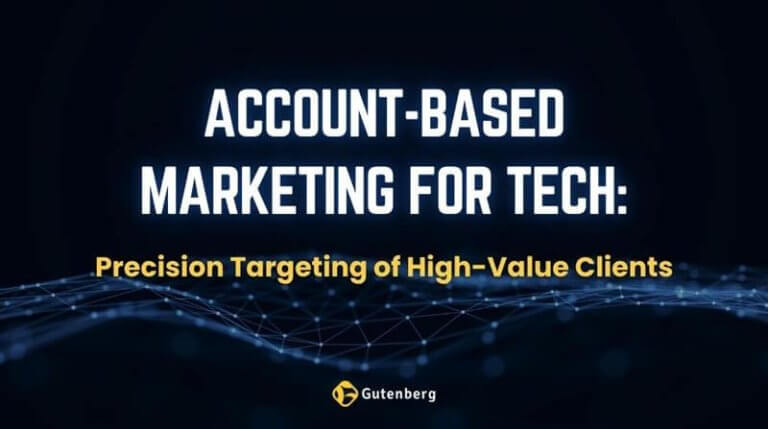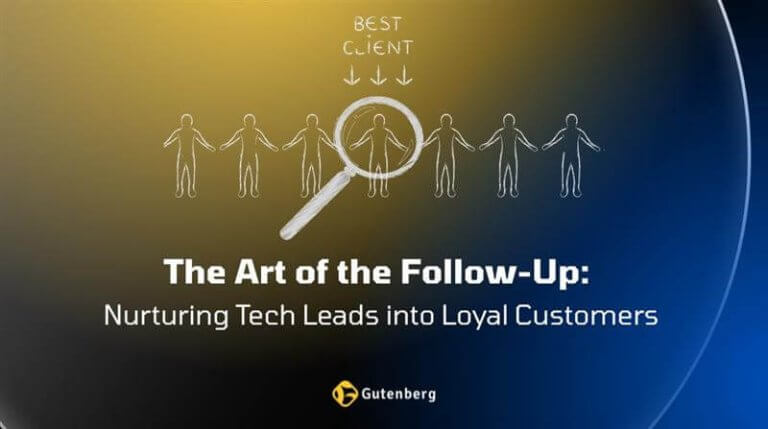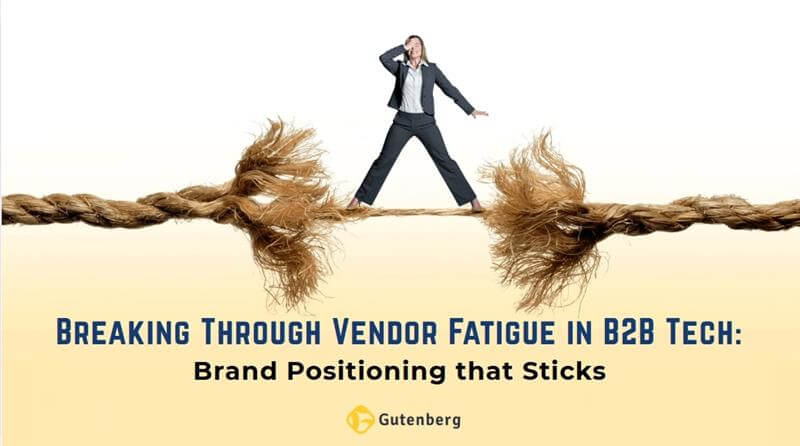In the competitive world of Private Equity (PE), the path to superior returns has always been about finding the right investments, creating operational efficiency, and maximizing exit valuations. While the financial playbook has remained mostly unchanged, there is a seismic shift occurring in how marketing strategies, powered by Artificial Intelligence (AI), can help Private Equity firms increase their deal flow, improve portfolio company performance, and ultimately boost their margins.
As traditional marketing strategies struggle to keep pace with the demands of modern PE firms, AI offers a transformative solution. AI-driven marketing can help private equity firms boost deal flow, enhance portfolio company performance, and, ultimately, improve margins in ways that were previously unimaginable.
The Power of AI in Marketing for Private Equity Firms
AI is revolutionizing how private equity firms approach marketing and value creation. Below are five key ways AI-driven marketing can create a competitive advantage for PE firms:
1. Enhance Data Analysis: Turning Information into Action
Private equity firms are data-driven by nature – they analyze markets, competitors, and consumer behaviors to inform their investment decisions. However, the sheer volume of available data can be overwhelming. This is where AI steps in as a game-changer.
AI excels at processing vast amounts of data at lightning speed. It can identify trends, patterns, and anomalies that human analysis might miss, giving PE firms a decisive edge in making more informed investment decisions. Whether it’s tracking market conditions, predicting consumer behavior, or mapping out competitive landscapes, AI cuts through the noise to focus on actionable insights.
For example, AI tools can quickly analyze market sentiment from social media, customer reviews, and news articles, helping PE firms gauge the reputation and potential of a company before making an investment. A McKinsey study revealed that companies leveraging AI in their decision-making process see a 5-10% improvement in their profit margins compared to those that do not. In the fast-paced PE world, where every percentage point matters, this is a critical advantage.
2. Improve Lead Generation: Faster, Smarter Deal Flow
Deal flow is the lifeblood of private equity. AI-driven marketing can significantly improve the efficiency and effectiveness of lead generation, enabling PE firms to source high-quality deals that align with their investment theses.
AI-powered tools can analyze data from multiple sources, including company websites, financial reports, and industry news, to identify potential acquisition targets. These tools can rank leads based on the likelihood of conversion, helping firms prioritize the best opportunities. The result? A more focused and effective deal pipeline that reduces the time and cost associated with identifying targets.
A recent report by Bain & Company revealed that private equity firms using AI in their deal sourcing processes experienced a 10-15% increase in the quality of leads and a 20% reduction in acquisition costs. In an industry where competition for deals is fierce, AI gives firms a decisive edge in identifying targets before their competitors.
3. Personalize Communications: Building Stronger Relationships
Private equity firms must communicate effectively with various stakeholders, from Limited Partners to portfolio companies and potential acquisition targets. Generic, one-size-fits-all messaging no longer cuts it in today’s market. AI can transform the way PE firms communicate by enabling personalized messaging that resonates with individual stakeholders.
AI analyzes data on investor behavior, preferences, and past interactions to tailor communications. Whether you’re reaching out to a potential investor or engaging with a portfolio company, AI ensures that each message is relevant, timely, and engaging.
A study by Salesforce found that companies using AI for personalization saw a 16% increase in customer satisfaction and a 15% improvement in conversion rates. For PE firms, this can translate to stronger relationships with LPs and higher success rates in negotiations with potential targets.
4. Optimize Content Creation: Speed and Precision
Content is a crucial aspect of marketing, but creating high-quality, targeted content consistently can be time-consuming. AI offers a solution by streamlining content creation, from generating ideas to drafting copy. This enables PE firms to maintain thought leadership and market visibility without overburdening their teams.
AI can analyze trends in the market and suggest content topics that will resonate with a specific audience. It can also optimize content for SEO, ensuring that it reaches the right people at the right time. By automating content creation, AI helps firms produce high-quality materials more efficiently, keeping them ahead of competitors.
Gartner reports that businesses using AI for content creation can reduce the time spent on marketing tasks by 20%. In the context of private equity, where time is money, this efficiency can directly impact the bottom line.
5. Automate Repetitive Tasks: Focus on What Matters
One of AI’s most significant advantages is its ability to automate routine, repetitive tasks, freeing up time for teams to focus on high-value, strategic initiatives. For private equity firms, this can include automating data collection, generating reports, or managing social media campaigns.
By taking care of the manual labor, AI enables marketing teams to focus on activities that directly drive growth—such as refining investment theses, building relationships with stakeholders, or developing innovative marketing strategies for portfolio companies.
According to Accenture, AI automation can reduce operational costs by up to 30%, allowing firms to reallocate resources to more strategic tasks. In a sector as competitive as private equity, this cost reduction can translate into significant margin improvements.
The Bottom Line: AI as a Driver of Competitive Advantage
AI-driven marketing is not just a trend—it’s a revolution that private equity firms must embrace to stay competitive. By enhancing data analysis, improving lead generation, personalizing communications, optimizing content creation, and automating tasks, AI enables PE firms to create more value across their portfolios.
At Gutenberg, we’ve seen firsthand how AI can transform marketing strategies for our client campaigns, driving growth and improving margins in ways that were once impossible. Firms that adopt AI now will be better positioned to outperform their competitors, maximize returns for their investors, and create lasting value in the market.
For decision-makers in private equity, the message is clear: embrace AI-driven marketing or risk being left behind. In an industry where every second counts and every dollar matters, AI offers the tools to unlock hidden value and ensure long-term success.
Let’s transform how you approach marketing—because in today’s private equity world, standing still is not an option. At Gutenberg, we are ready to help you take that next step into the AI-driven future of private equity.
– By Harjiv Singh CEO & Founder, Gutenberg
FAQs
Q1. How can AI improve deal flow for private equity firms?
AI-driven marketing tools can scan websites, financial reports, and industry data to identify acquisition targets. By ranking leads based on potential and likelihood to convert, firms can build a focused pipeline, reduce costs, and improve deal quality.
Q2. Why is personalized communication important in private equity?
Personalized messaging tailored to individual stakeholders such as Limited Partners, portfolio companies, and acquisition targets helps boost engagement. AI analyzes behavior and preferences to ensure each message is relevant and timely, strengthening relationships and outcomes.
Q3. How does AI help with content creation and thought leadership?
AI can analyze market trends, suggest topics, draft optimized SEO content, and support publishing workflows. This allows private equity firms to maintain consistent thought leadership and improve visibility without stretching internal resources.
Q4. In what ways can AI automation boost efficiency for PE marketing teams?
Automating tasks like data collection, report generation, social media updates, and campaign tracking helps teams focus on strategic priorities. This reduces time spent on manual work and improves cost-efficiency, which directly supports margin growth.
Q5. What do successful PE firms do to leverage AI in marketing strategy?
Leading firms use AI across analytics, lead generation, personalization, and content strategy. Many choose to partner with specialists like Gutenberg to implement AI solutions that enhance marketing performance and create measurable value across their portfolio.


